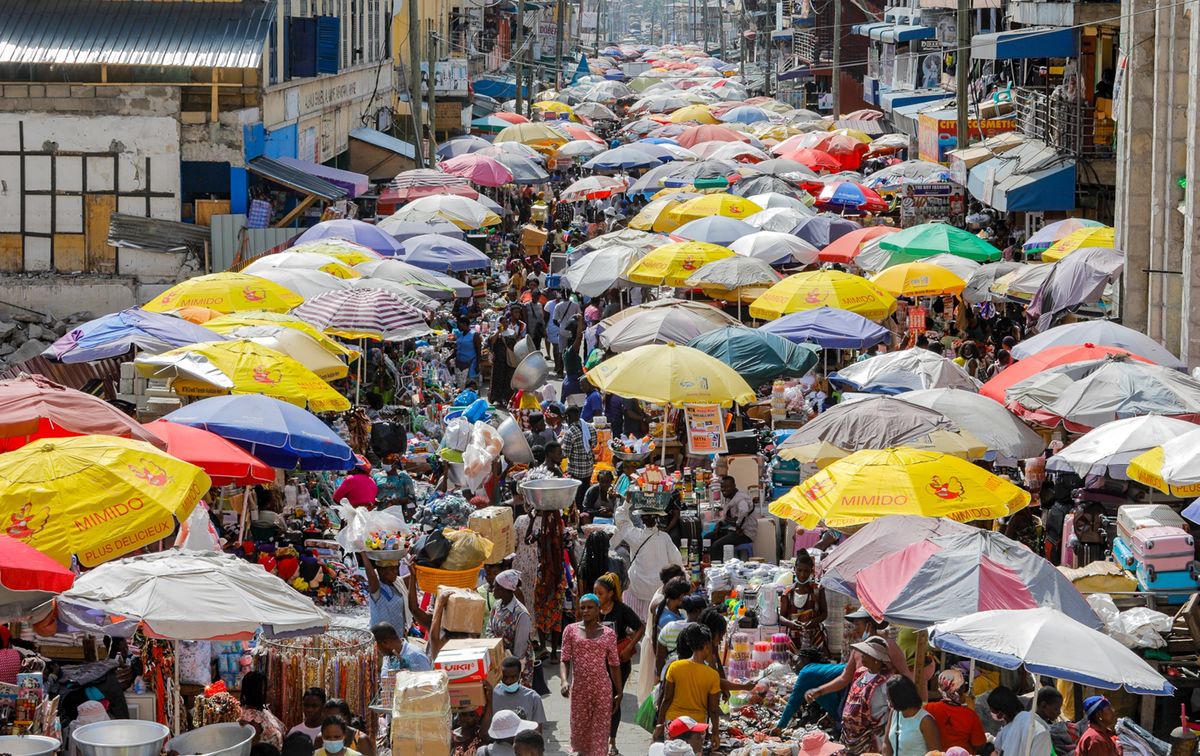
Nigeria’s April Inflation Rate Drops to 23.71%
Nigeria’s inflation rate decreased to 23.71% in April 2025, with food inflation also dropping to 21.36%.
The National Bureau of Statistics (NBS) has reported a slight decrease in Nigeria’s headline inflation rate, which fell to 23.71 percent in April 2025, down from 24.23 percent in March. The bureau revealed this in its most recent Consumer Price Index (CPI) report published on Thursday.
The NBS reports that the headline inflation rate for April 2025 has decreased by 0.52 percent in comparison to March. The report indicated that the headline inflation rate for April was 1.86 percent on a month-on-month basis, reflecting a decrease of 2.04 percent compared to the rate of 3.90 percent recorded in March 2025.
“This indicates that in April 2025, the rate of increase in the average price level is less than the rate of increase in the average price level observed in March 2025,” the NBS clarified.
The report additionally emphasized a decrease in the food inflation rate, which was recorded at 21.36 percent year-on-year in April 2025. This figure shows a notable decrease of 19.27 percent when compared to the 40.53 percent recorded in April 2024.
The bureau stated, “The notable decrease in the annual food inflation figure is technically attributed to the change in the base year.”
In April 2025, the food inflation rate was 2.06 percent on a month-on-month basis, reflecting a decrease of 0.12 percent from March 2025, which recorded a rate of 2.18 percent. The NBS noted that the decline was due to lower average prices of staple foods, including maize flour, wheat grain, dried okra, yam flour, soybeans, rice, Bambara beans, and brown beans.
The report indicated that food inflation, when compared year-on-year, was highest in Benue at 51.76 percent, followed by Ekiti at 34.05 percent and Kebbi at 33.82 percent. Conversely, Ebonyi (7.19 percent), Adamawa (9.52 percent), and Ogun (9.91 percent) experienced the least significant rises in food prices.
On a month-on-month basis, Benue once again led the list with 25.59 percent, followed by Ekiti at 16.73 percent and Yobe at 13.92 percent. Conversely, Ebonyi (-14.43 percent), Kano (-11.37 percent), and Ogun (-7.06 percent) experienced reductions in food inflation.
All Categories
Recent Posts
Tags
+13162306000
zoneyetu@yahoo.com



